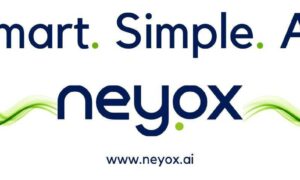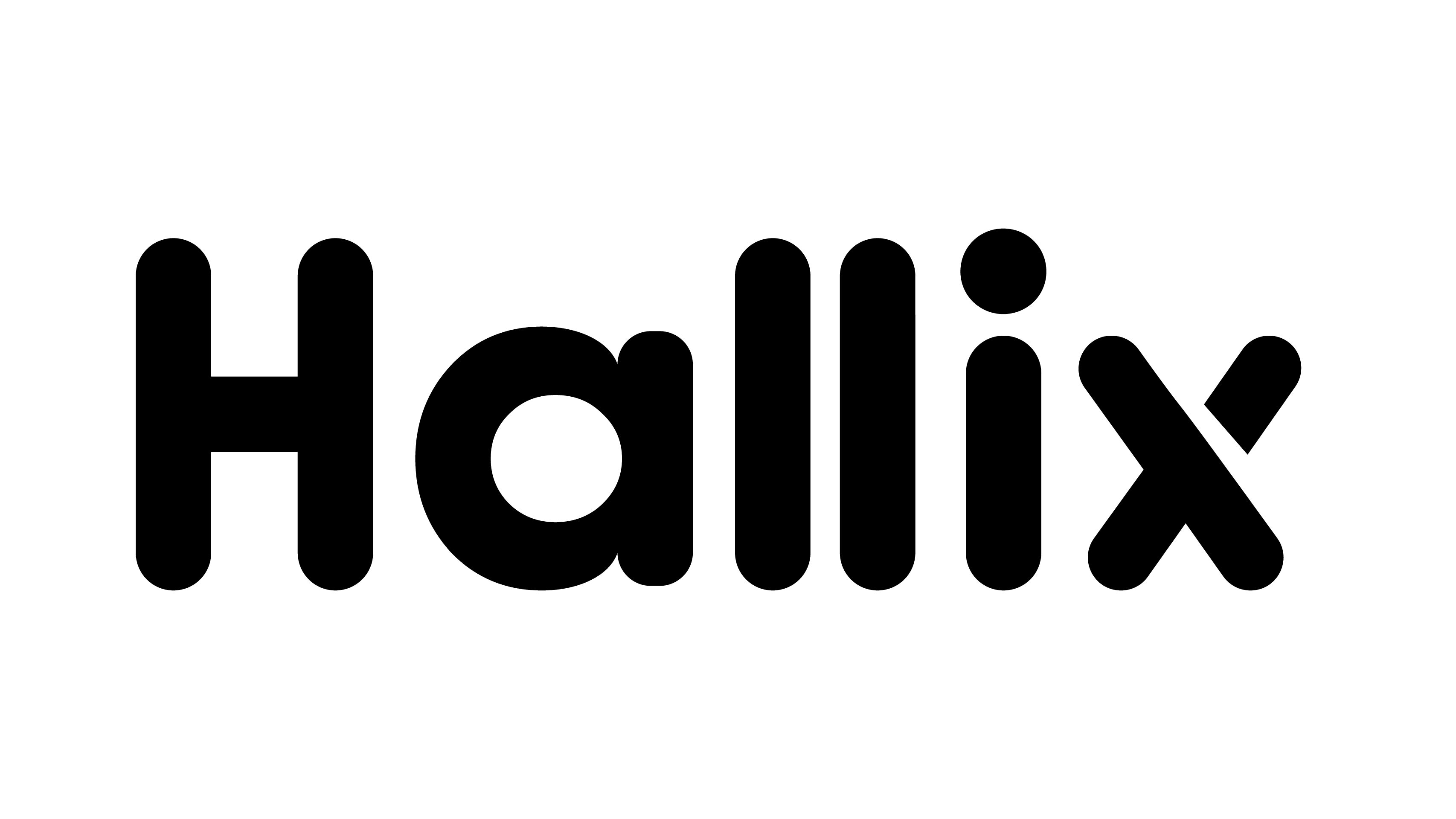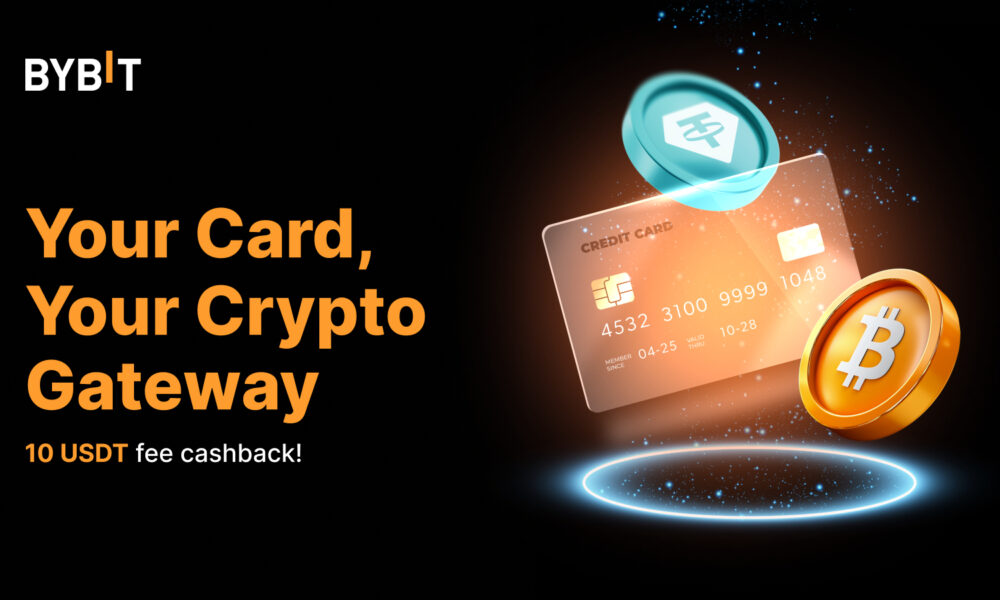From the individual start-up with one contract to the conglomerate with thousands of contracts in dozens of countries, this industry is wildly profitable and draws in many investors. Furthermore, platforms such as the official site have fantastic features such as a user-friendly interface, suitability for all traders, and a one-of-a-kind tool for bitcoin traders. This staggering amount of opportunities has boosted innovation and created new paths for technology companies.
But until recently, there was one aspect that has remained untapped by these advancements: crowdfunding for businesses that were either facing bankruptcy or about to collapse. Blockchain can be a powerful tool through its decentralized nature, which transparently allows investors to track a company’s progress from prototype to production through receipt and sale of the product. In addition, this solution can also hold businesses accountable by connecting entrepreneurs with a global community of investors eager to support their ideas.
Innovations in Crowdfunding
Today, businesses seeking funding can turn to traditional crowdfunding websites. From there, the company sets its funding goal and a time frame for receiving that goal, usually within 60 days. After that window, the campaign is closed, and those who pledged money cannot back out.
It provides the business with some degree of security from an investor’s perspective but simultaneously introduces risk for both parties involved. The investor can invest only so much money in any given campaign, with all of that sum being at risk, and the entrepreneur is limited by the number of investors for their project.
The blockchain provides a solution to both parties’ problems. Instead of limiting itself to a single crowdfunding platform, blockchain opens this opportunity up to the entire global community of investors. The blockchain uses intelligent contracts whereby two or more parties agree upon predetermined criteria for exchanging money.
The transfer of funds would become instantaneous, ensuring that entrepreneurs can receive the money they need immediately after accepting the investor’s money. Furthermore, the closing of that smart contract would be confirmed by people publicly on a decentralized ledger which could be reviewed by any investor willing to learn about it. It creates a platform for all parties to deliver an efficient solution, holding both sides accountable for their terms and conditions without risk from investors.
This model has been explored by several blockchain-based companies that have released their initial products as ICOs (Initial Coin Offerings). These are essentially fundraisers for new projects, and the funds raised can be used to build prototypes or test versions of their products. In addition, there are companies whose network focuses on creating an alternative revenue stream for artists, producers, and directors so that they can be compensated fairly for their work. They have released several products to fund this project’s development, including a video streaming service dubbed DTL.
Peer-to-peer crowdfunding:
Access to capital is vital in any business, but can funding be provided by a community of individuals who cannot invest directly?
Peer-to-peer (P2P) crowdfunding platforms are crowdfunding platforms that do allow investors to interact with each other. Although they do not provide the same level of security and transparency as blockchain, they can still be an effective way for individuals looking to fund their ideas. Compared to centralized crowdfunding platforms, P2P platforms allow investors to pool together smaller amounts of money to make more significant investments more feasible. The intended purpose of these platforms is to help entrepreneurs raise their first round of funding. Then, once their business gains momentum, they can seek additional funding from venture capitalists or other standard channels.
The problem with these types of crowdfunding is that the funds are not paid out until the company meets its goals. It has been a problem for investors because if a company does not meet its goal by closing, all funds will be returned to the investors, and no money will change hands.
Tokenized system in crowdfunding:
It is no secret that due to the recent market crash, many investors are wary of putting their money into ICOs. So, instead of investing all at once, they have decided to incorporate the tokenized system to allow people to invest in small amounts at once. The tokens would represent those who have invested in the company and would be paid to them as dividends after the money is earned from future sales. These tokens would also be tradeable on cryptocurrency exchanges for other digital currencies or fiat currencies such as US dollars.
Disclaimer: This is sponsored marketing content. The presented material by no means represents any financial advice or promotion. Be sure to do your own research and acknowledge the possible risks before using the service of any cryptocurrency platform.


































